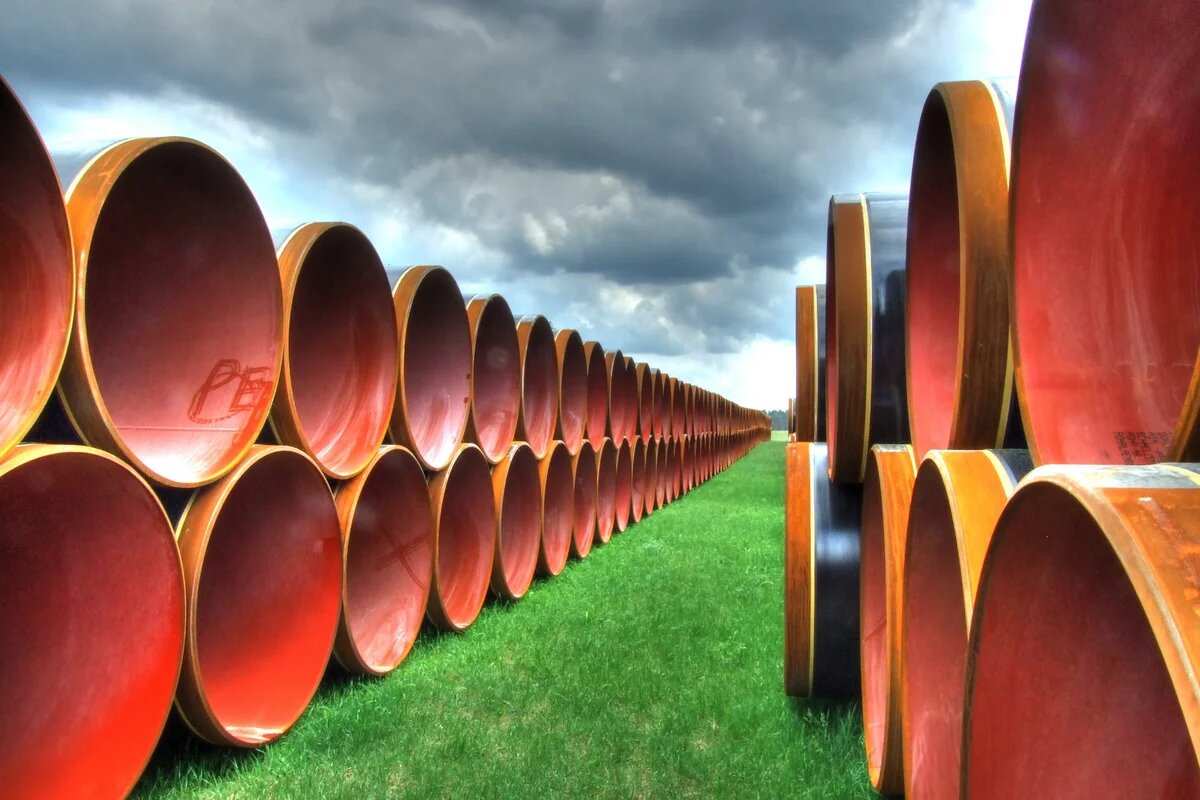
In order to avoid a wrong diagnosis and misleading or even harmful remedies the problem of energy relations between Russia and the EU needs to be framed correctly. The current tensions are not about the ‘effects the crisis in Ukraine has on EU energy policy,’ they are about ‘the effects of Russia’s policy towards Ukraine,’ and, as a matter of fact, about the future of EU-Russia energy relations under new political circumstances. This is not a trivial modification, as it changes the picture from a local transit crisis (which may be solved with ad hoc solutions or the help of mild weather) to an overall supply crisis. Europe has begun to realise this – and is finally facing up to what used to be unthinkable.
Symbolic, in this context, are the “gas stress tests” the European Commission ordered last year – that is, simulations of the effects a long-lasting disruption of Russian gas supplies would have. This exercise demonstrated that regarding relations with its largest single supplier the EU’s risk assessment and threat perception has changed profoundly. Obviously, there are still differences among member states about specific issues such as South Stream or transborder reverse flows, yet those are manageable squabbles and the EU’s general outlook has become unified. Russia, through its own actions, has turned from the EU’s potential provider of energy security (something, many Western politicians used to claim) into one of the major challenges.
By and large, Europe’s security of supply policy has ceased to be just about the perceived interdependence of consumer and supplier, an approach that had been based on the unfounded assumption that more pipelines mean less conflict. While infrastructure is key to becoming interconnected, this is not the same as interdependence, which requires a common understanding and acceptance of rules, – something that was often not the case. Most EU energy policymakers have finally come to realise that Russia is not Norway, meaning, Russia is not a predictable, credible, and co-operative trading partner. Despite the similar contribution of the two countries to the EU’s energy mix there are profound differences – differences that show that, for proper energy governance, the nature of political and economic systems matters a lot. Authoritarian Russia with its disregard for the legal tenets of international relations is not a reliable partner when it comes to energy regulations and norms. The annexation of Crimea has brought to a halt the quest to put EU-Russia energy co-operation on a mutually beneficial legal basis – at least until the status quo ante is restored. For various reasons, Russia will most likely remain the EU’s major oil and gas supplier, however the new political situation requires that the EU redesign its relations with Russia.
The conflict in Ukraine has shown that the EU’s energy security depends largely on strengthening its own resilience. The EU-wide, regional and national energy systems have to be strengthened, enabling them to absorb external shocks that are becoming increasingly likely. This means strengthening the interdependence between EU member states by expediting the legal and physical integration of markets. Only once a functioning and transparent internal energy market is established will the EU be able to pursue an effective policy towards suppliers. Also, the EU needs to stick to its own rules, meaning measures need to be implemented and laggards and “free riders” have to be punished. It is of utmost importance to upgrade the crisis management mechanisms, which, by and large, should be based upon mandatory risk and cost sharing in case of an emergency. The conclusions of the gas stress tests were clear: The costs of an energy supply crisis can be minimised through co-operation and solidarity. Yet, since it would be too optimistic to rely on political altruism only, proper mechanisms should be set up under amended security-of-gas-supply regulations.
Russia’s aggression, the annexation of Crimea and the destabilisation of the Donbass, and the EU’s subsequent sanctions against Russia mark a significant change in political relations and thus must and will have an impact on long-term energy relations. There are calls to consider energy co-operation as separate from foreign and security policy, however, no matter how well intentioned this may be, it is unrealistic. As a return to business as usual is highly unlikely, it is unfeasible to surge ahead with any common energy projects. The EU will have to perform a fundamental overhaul of its energy relations with Russia; for this, the ongoing debate on an EU Energy Union presents an excellent opportunity.